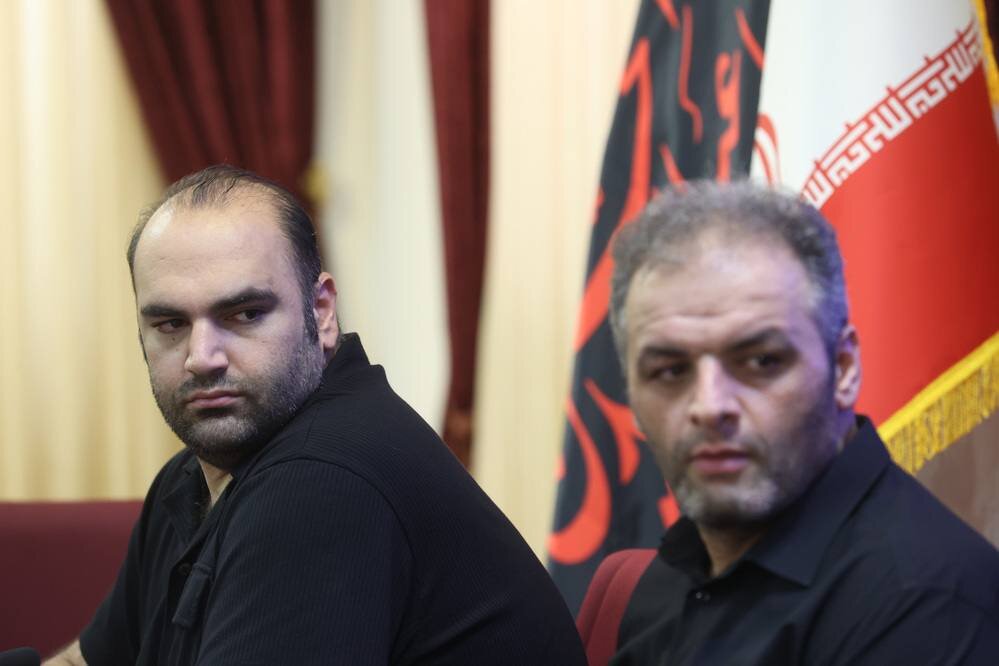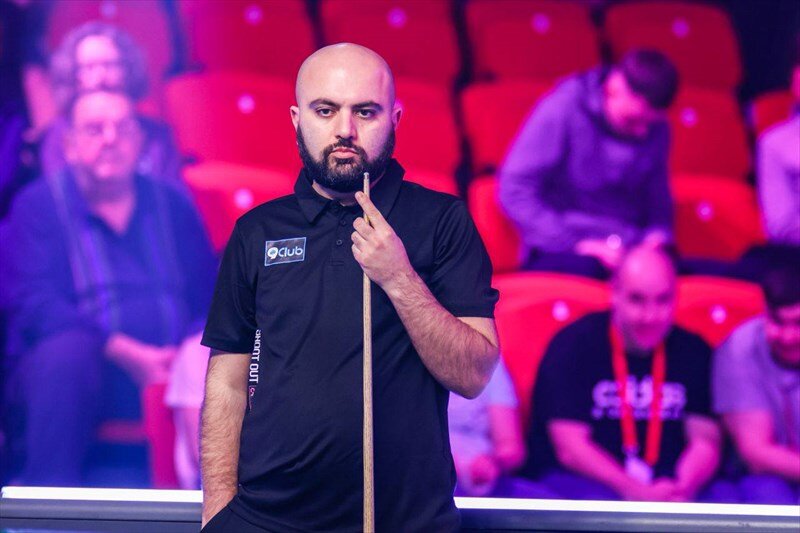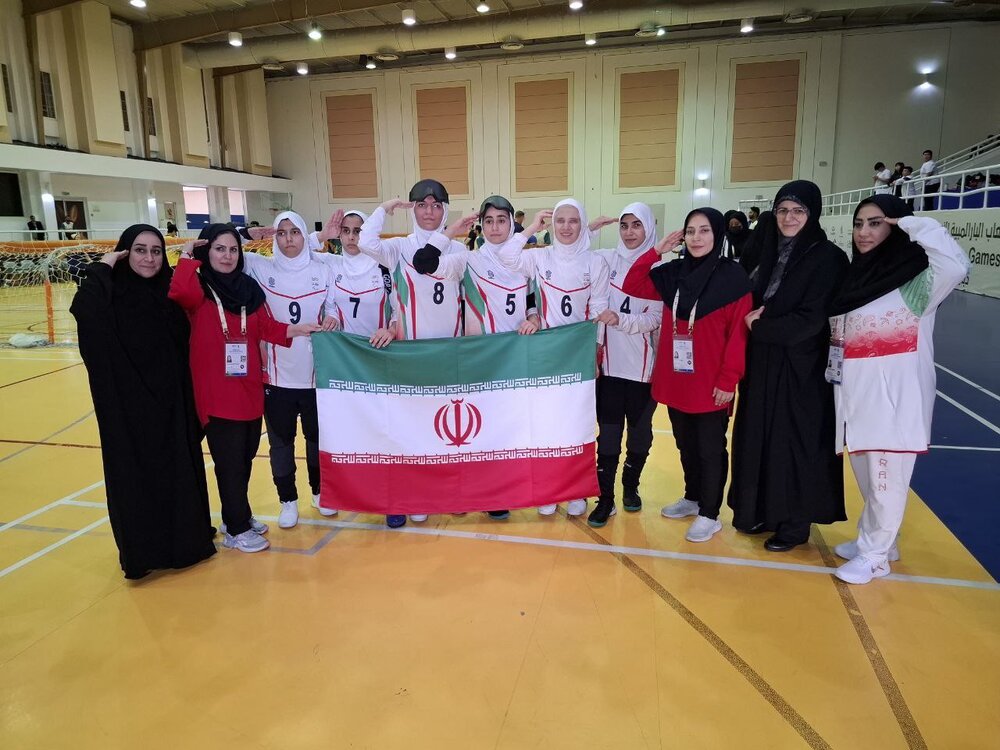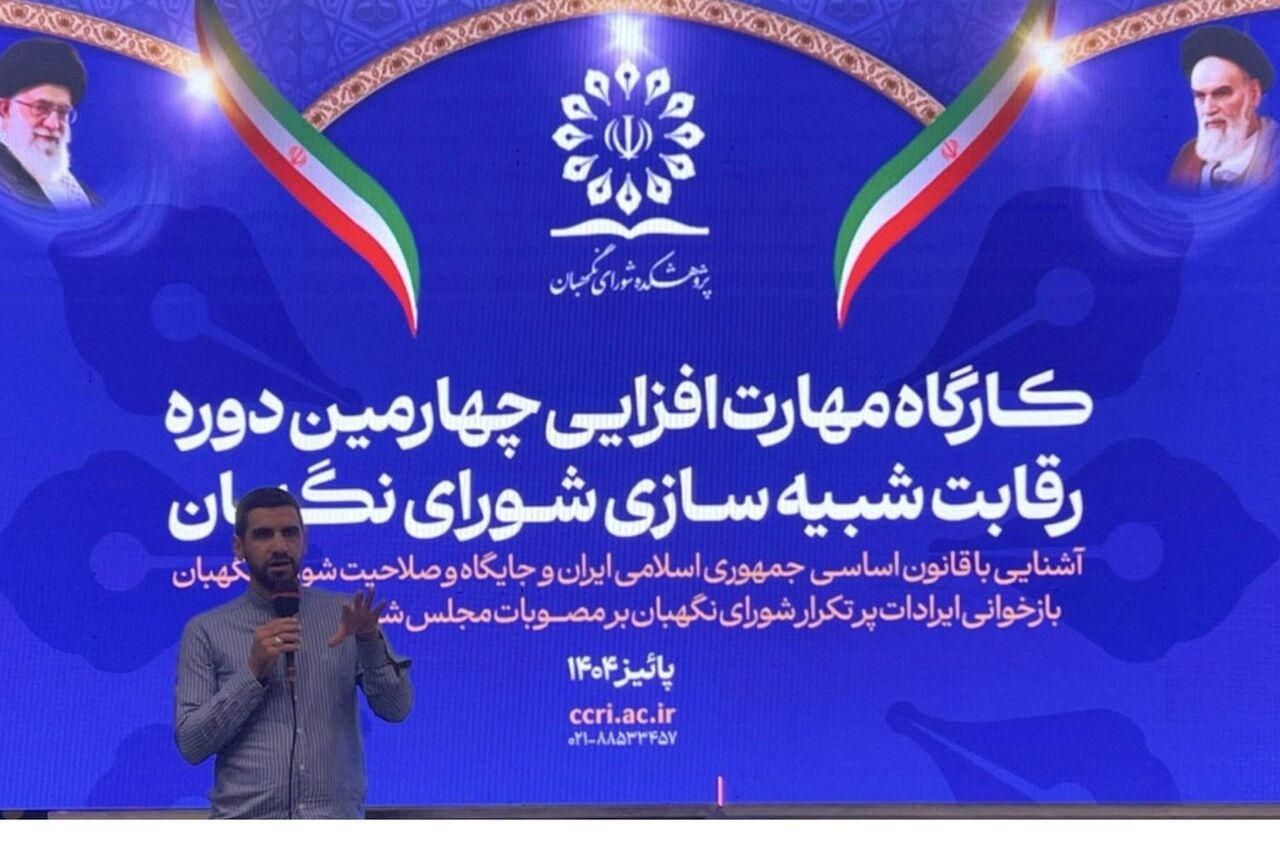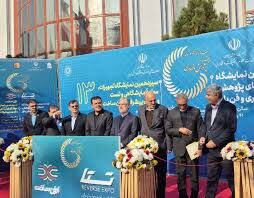Why the world must never forget the victims of the Gaza genocide
Why the world must never forget the victims of the Gaza genocide

What has been unfolding in the Gaza Strip for nearly two years is not merely a humanitarian disaster; it is a political crime with profound historical and geopolitical consequences.
It has exposed the weaknesses of international rhetoric on human rights, peace and security, as such talk has done nothing to halt Israel’s ongoing massacres, nor to curb its policies aimed at forcibly displacing Palestinians from Gaza - now one of the world’s largest open-air cemeteries.
Yet the genocide has also awakened free consciences around the globe, inspiring a collective defence of humanity, justice and the right of all peoples to self-determination.
Millions of voices have risen worldwide to denounce Israel’s slaughter of men, women and children in Gaza, alongside the destruction of much of the territory’s civilian infrastructure. Countries including the UK, France and Canada, among others, recently announced their recognition of a Palestinian state, stressing the need for a genuine political path towards peaceful coexistence.
Even for states that have long supported Israel, the Gaza genocide has become impossible to ignore.
What has unfolded over the past two years marks one of the most heinous crimes against humanity in the modern era. Civilians have been targeted, humanitarian aid has been blocked, and entire neighbourhoods have been wiped off the map. Food has been used as a mechanism of extermination, with thousands of hungry Palestinians killed by Israeli forces at aid distribution centres.
Israel has flagrantly violated international humanitarian law, disregarding global norms and conventions, as highlighted by a plethora of reports from the United Nations and other human rights groups.
Watershed moment
This brutal aggression is not just a human tragedy. It’s also a watershed moment in the history of international relations, prompting many countries to reconsider their positions on the conflict, while exposing the double standards embedded within the international system.
This raises critical questions about how to preserve the memory of the victims, and how to document Israel’s horrific crimes to prevent their recurrence.
Follow Middle East Eye's live coverage of the Israel-Palestine war
An assessment of the Gaza genocide reveals a set of truths and shifts in the landscape of the Israeli-Palestinian conflict. It has unmasked the Israeli military’s claim of being the “most moral army in the world”, amid its excessive and unjustified use of force; around half of the more than 67,000 people killed in Gaza have been women and children.
Israel’s violations have also included the targeting of hospitals, health centres, shelters and schools, alongside the bombing of homes with civilians inside. Israel stands accused of using internationally prohibited weapons, and its imposition of a suffocating blockade has led to widespread starvation and famine in Gaza.
The atrocities in Gaza - a systematic destruction of human existence - must be engraved into the collective global conscience
At the same time, the forced displacement of Palestinians to places like al-Mawasi, disingenuously labelled a “safe zone”, has exacerbated the crisis, in the absence of any local capacity to absorb the massive influx of people - all as Israel keeps shelling the area.
In terms of human rights and international law, the genocide has exposed the double standards of many nations that claim to uphold these principles, while simultaneously providing political and military support to Israel to continue its genocide.
Publics around the world are losing trust in the established global order, with western activists taking it upon themselves to stage protests and push their governments to change course. This was a key factor behind the recent flurry of Palestine recognition announcements.
At the same time, we are starting to see the crystallisation of international alliances that challenge the traditional order, and perhaps the beginning of greater independence in European capitals - away from total alignment with the US-Israeli vision. This could ultimately lead to the end of the era of American hegemony.
Human language
There is an imperative need to sear the memory of this genocide into the global consciousness and conscience, to ensure these atrocities never recur - and to maintain continuous pressure for justice. We need documentaries and feature films that immortalise live testimonies, and recount these horrors in a human language that reaches people worldwide.
Museums should be established, both inside and outside of Gaza, to document Israel’s crimes, display the destruction, and narrate the stories of victims. Educational materials on the Israeli-Palestinian conflict should be deeply integrated into the curricula of global schools, to build awareness among future generations of the importance of battling injustice.
There should also be a global day of commemoration for the genocide in Gaza, organised by the UN and observed via political and cultural events worldwide.
The passage of two years since the Gaza genocide began is not just a calculation of time. It is an urgent call to uphold human memory as an act of resistance, and as a moral compass for the world. The atrocities in Gaza - a systematic destruction of human existence - must be engraved into the collective global conscience, as one of history’s most gruesome chapters.
This means dismantling all attempts to justify or normalise Israel’s crimes. It also necessitates unconditional support for international courts, so that crimes against humanity are not protected by political immunity - thus ensuring the continuation of the values and standards established after World War II to protect global peace and security.
Two years into the Gaza genocide, we have reached a decisive turning point in human history. It is our moral and political responsibility to reconstruct the international system to remove the undue influence of colonial powers.
The Palestinian people’s right to freedom and national independence is inalienable, non-negotiable, and must be fully equivalent to that of all peoples worldwide.
Beyond physical reconstruction in Gaza, the world must commit to never allowing the memory of this genocide to fade - a solemn pledge to prevent its recurrence against any population or people anywhere in the world. The path to peace begins at the gate of securing comprehensive justice, ending the occupation, and establishing a Palestinian state.
Only then can the world be assured that Gaza’s cries were not in vain, and that its civilian victims are not just cold statistics, but a stab of conscience in humanity’s quest for justice.
The views expressed in this article belong to the author and do not necessarily reflect the editorial policy of Middle East Eye.





